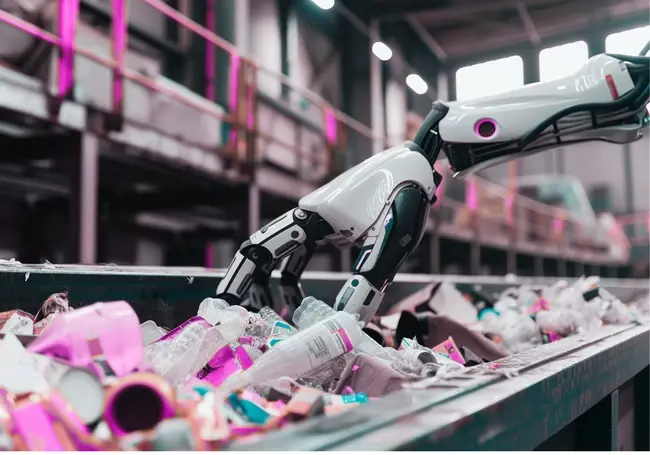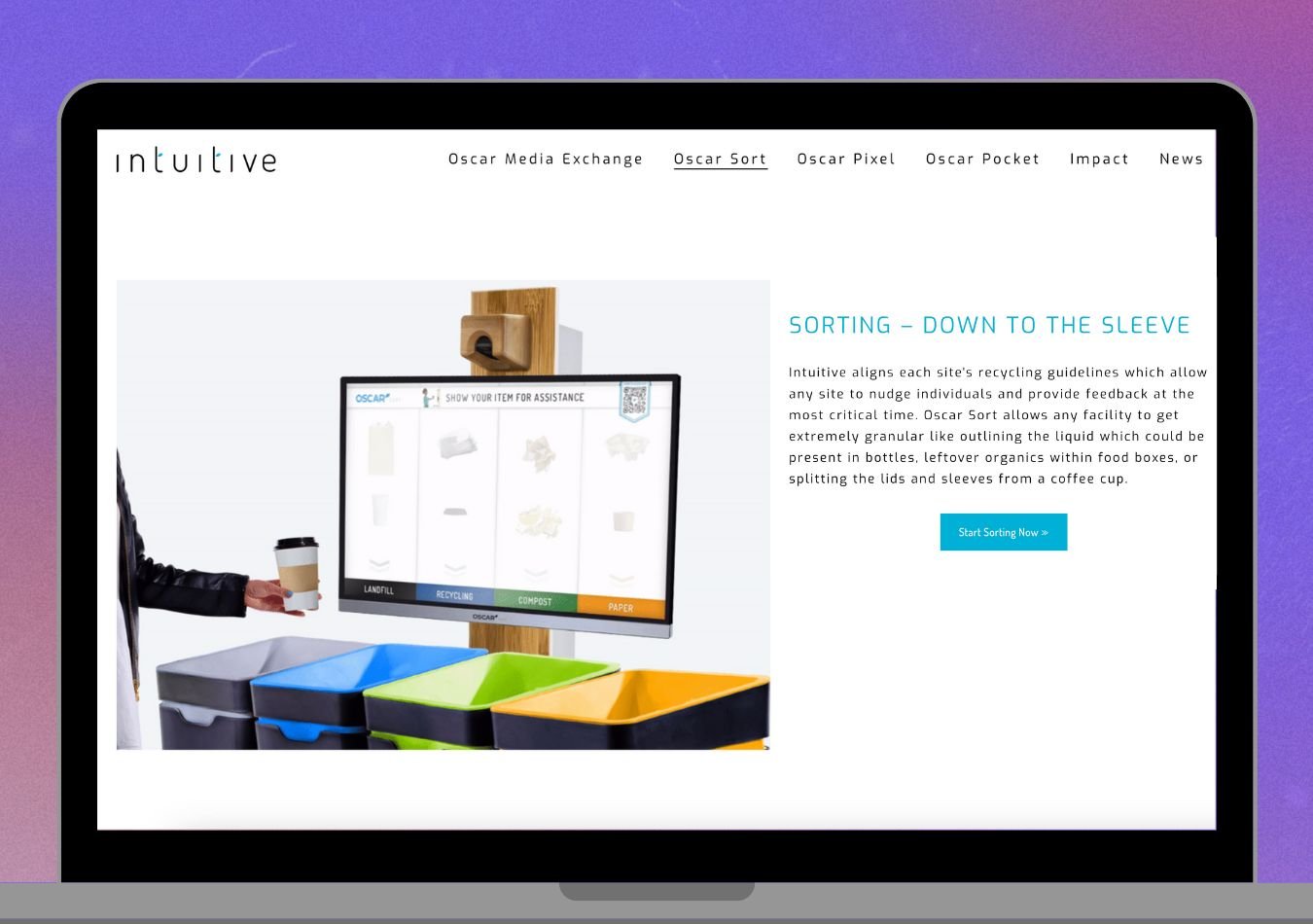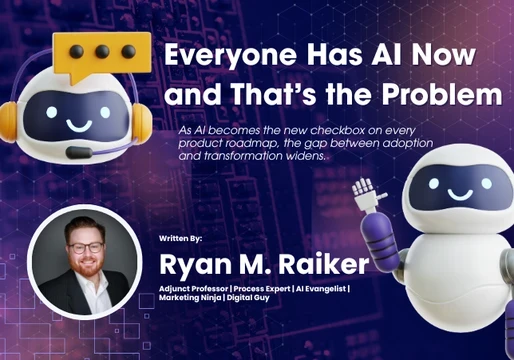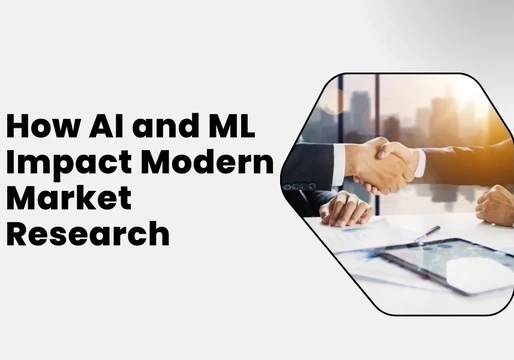PepsiCo, the confectionary giant best known for consumer favorites like Pepsi and Doritos, will be deploying Intuitive AI’s recycling assistant ‘Oscar Sort’.
The AI technology will be used across the PepsiCo offices as well as in selected partner locations which may include airports, sports stadiums and universities.
PepsiCo aims to reach net zero emissions by 2024 as part of an extensive sustainability plan. This latest move to increase in-office recycling sits alongside their shift to renewable electricity as well as overhauling their agricultural practices.
The traditional recycling process is plagued by challenges such as contamination, misclassification of materials, and the need for intensive manual labor. Many people feel they are not fully informed about recycling guidelines, leading to incorrect sorting, contamination and even avoidance of recycling all altogether to prevent ‘getting it wrong’.
There are massive variations in recycling regulations and guidelines not only across different regions but even street to street where local councils overlap. This creates confusion and hinders standardization.
That's where Oscar Sort by Intuitive AI comes in.

What is Oscar Sort And How Does It Work?
Oscar Sort is an AI-powered recycling assistant developed by Intuitive AI. The cutting-edge sustainability technology uses machine learning algorithms to identify and sort recyclable materials to streamline the recycling process.
The Oscar Sort AI uses image recognition technology to analyze waste items. Based on machine learning algorithms, the technology examines shape, color, and texture to accurately identify different recyclable materials including paper, plastic, glass, and metal.
Using a screen positioned above the bins the AI system communicates with the user as they dispose of their waste. It will indicate which of the sorting bins each item belongs to as well as tell the user if any items need to be partially dismantled before recycling, the most common example being separating a paper coffee cup from its plastic lid.
The system also identifies any leftovers inside the containers and urges users to dispose of liquids separately before recycling.
Intuitive AI, the company behind Oscar Sort claim that their system leads to a 300% increase in recycling rate, including 700% increase in individuals personal recycling habits and a 40% decrease of operational costs for the waste sector.
The Oscar Sort system is also adaptable and able to be tweaked by location depending on company policies and local recycling systems.
As it is powered by machine learning, the Oscar Sort technology is able to update its algorithms and refine the ability to recognize and categorize recyclable items. This enables the system to adapt to variations in waste composition and improve its accuracy over time.
By partially automating the identification and sorting of recyclable materials, Oscar Sort improves the accuracy of the recycling process during the initial phase- at the bin itself.

The system will also collect valuable data on waste and recycling patterns across the offices it is implemented in and will enable PepsiCo to make informed decisions about waste management strategies.
For example, if Oscar Sort detects a high volume of takeaway coffee cups from a specific office or floor, PepsiCo could identify that as a hotspot for waste generation and an opportunity for massive reduction.
Based on this data, PepsiCo could introduce initiatives to reduce waste from takeaway coffee cups, such as distributing reusable cups with discounts for using them or providing more on-site coffee stations to encourage employees to use in-office mugs.
If the majority of waste comes from takeaway coffee cups from an in-office machine or cafe, the corporation could introduce a scheme encouraging the use of reusable cups or traditional mugs.
What is the Future of AI in Waste Management?
While AI technology like Oscar Sort can significantly improve recycling efficiency and reduce waste, it's important to consider the energy consumption associated with running the system over time, and whether this is ultimately more or less sustainable.
If utilising AI in this way leads to a significant decrease in waste sent to landfills it may well have a positive impact on the environment, though this is yet to be determined. By gamifying the recycling process, employees are more likely to engage. The recycling skills they practice in the office may also translate to improve their individual recycling process at home.
As AI technology continues to evolve, we can expect to see even more innovative applications in the waste management industry. By harnessing the power of AI, we may be able to create a more sustainable future for waste management, however, this must be carefully balanced with the increased processing power and energy it takes to operate, implement and train AI.







Comments ( 0 )